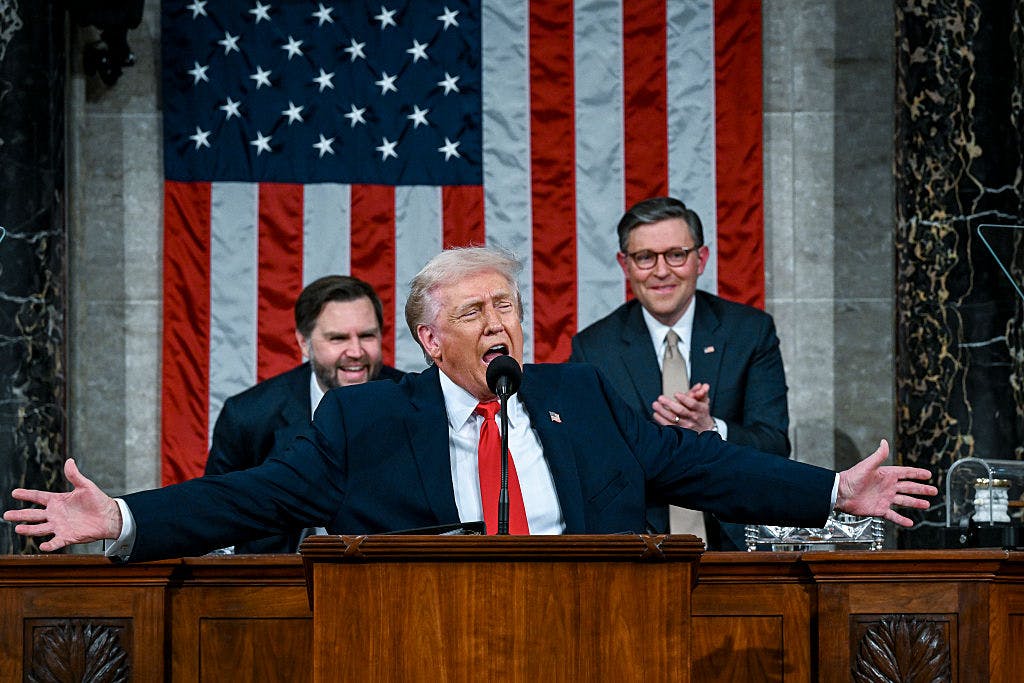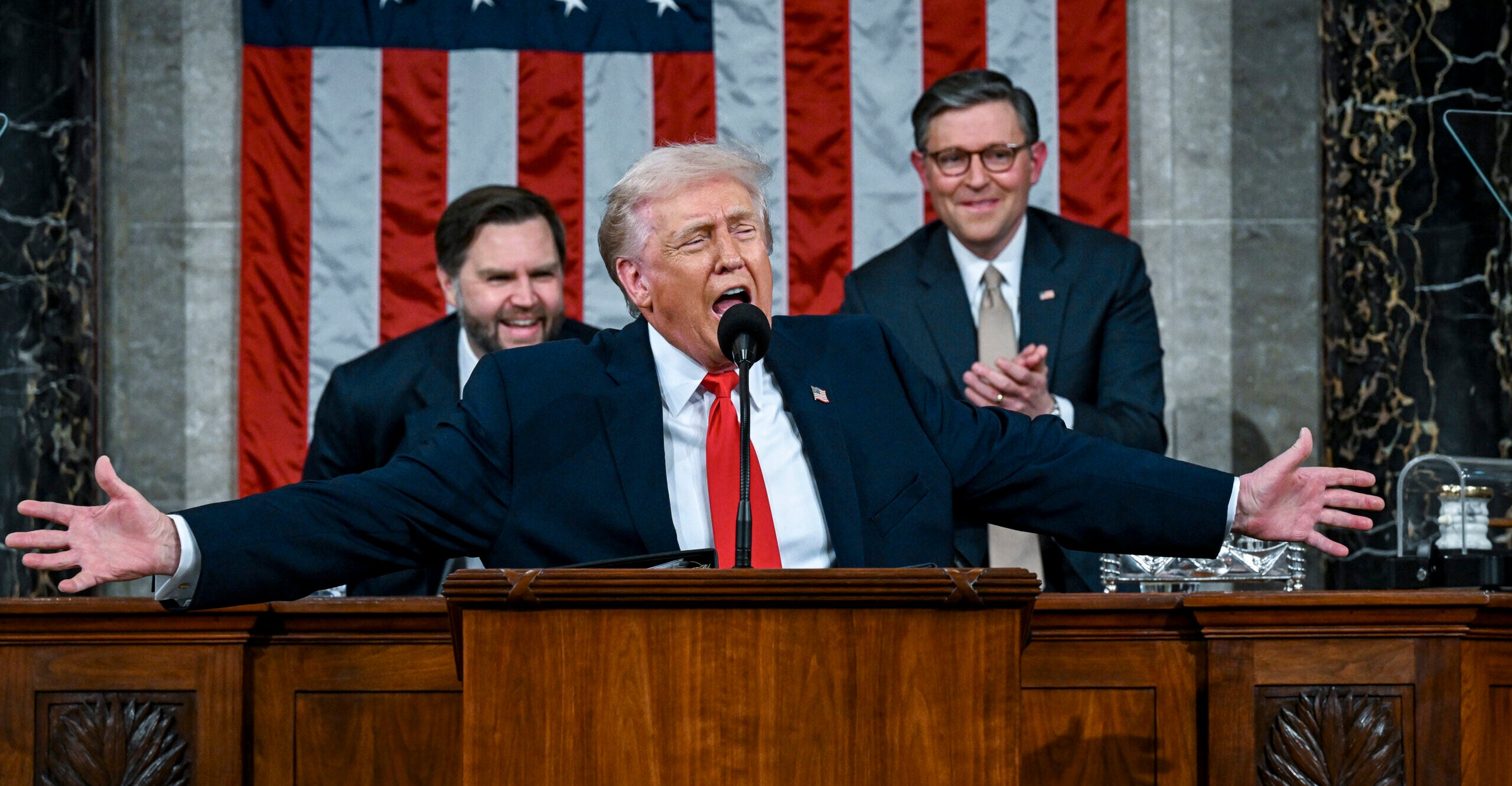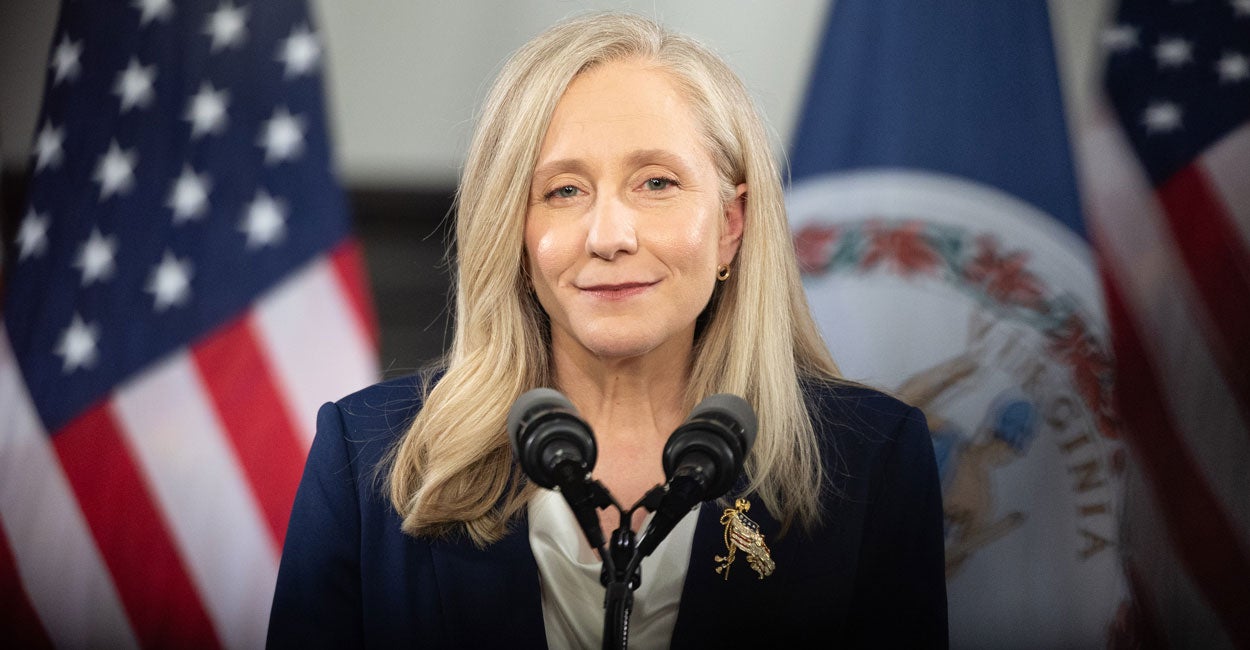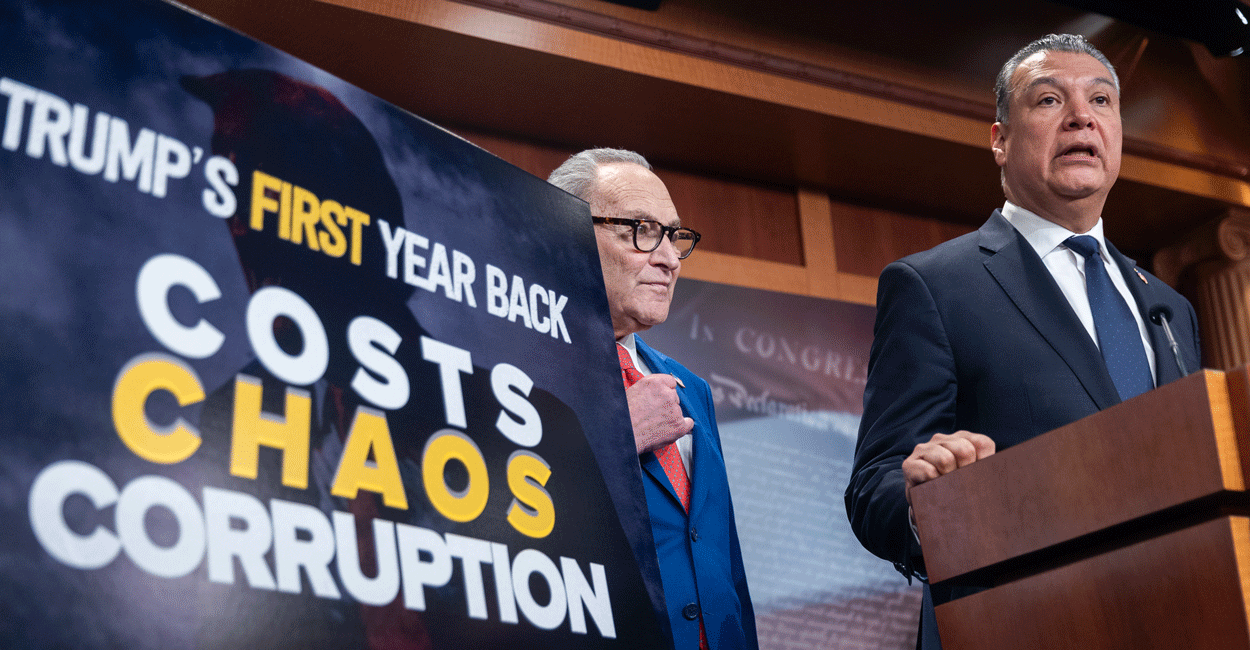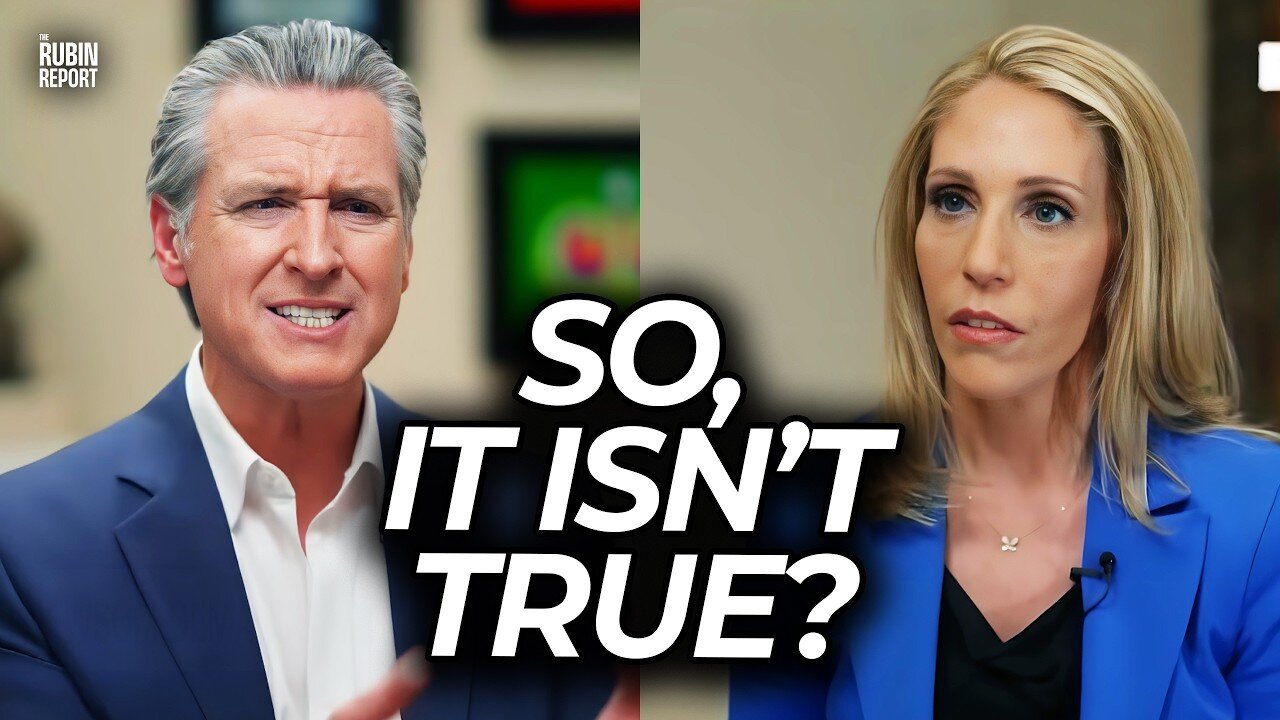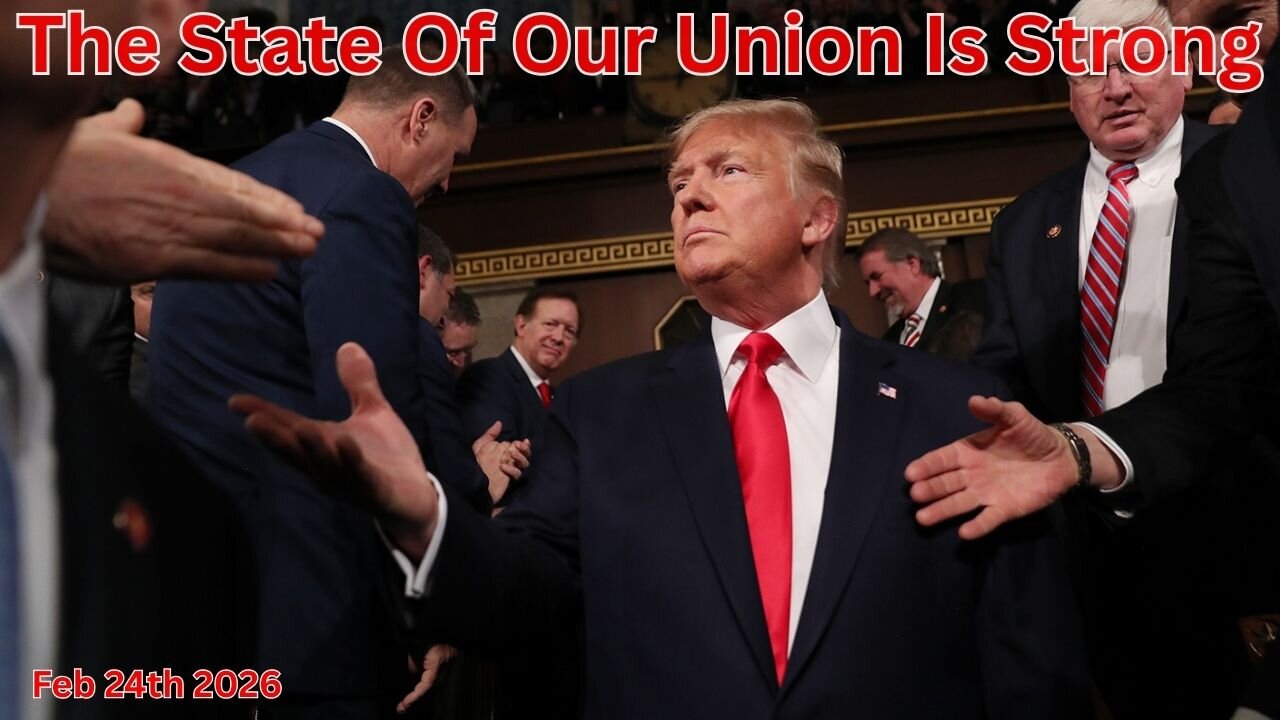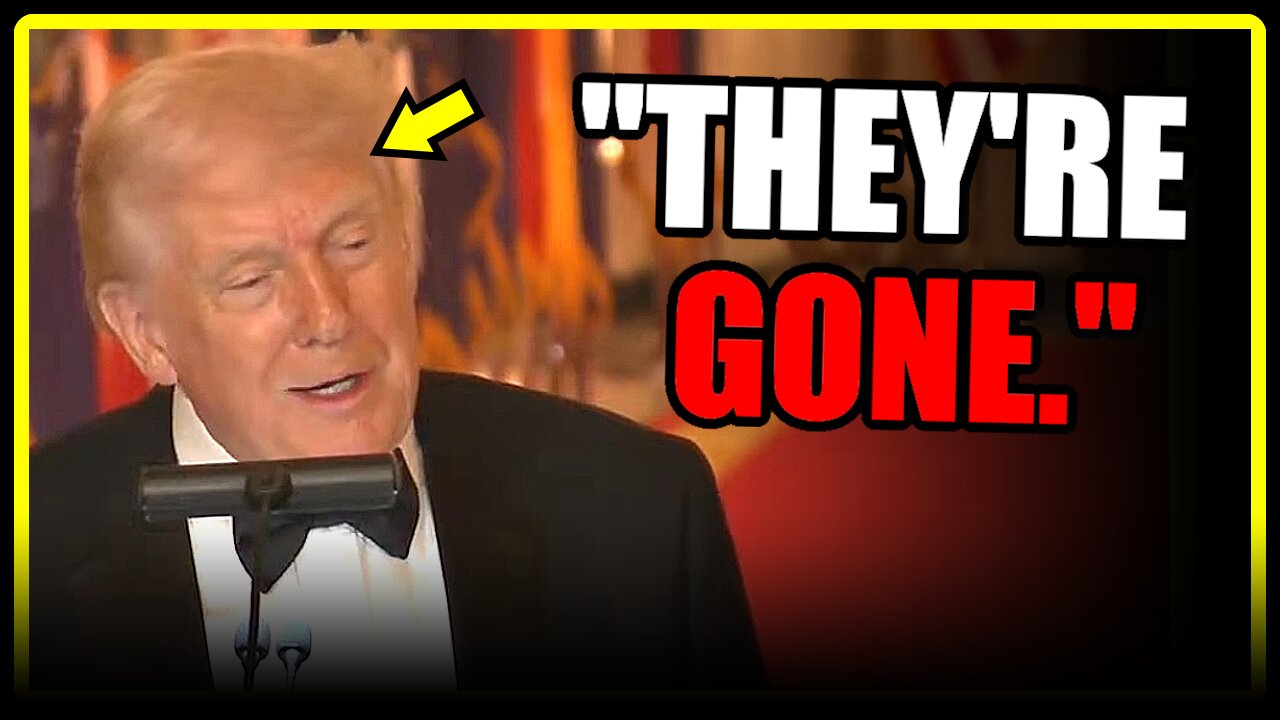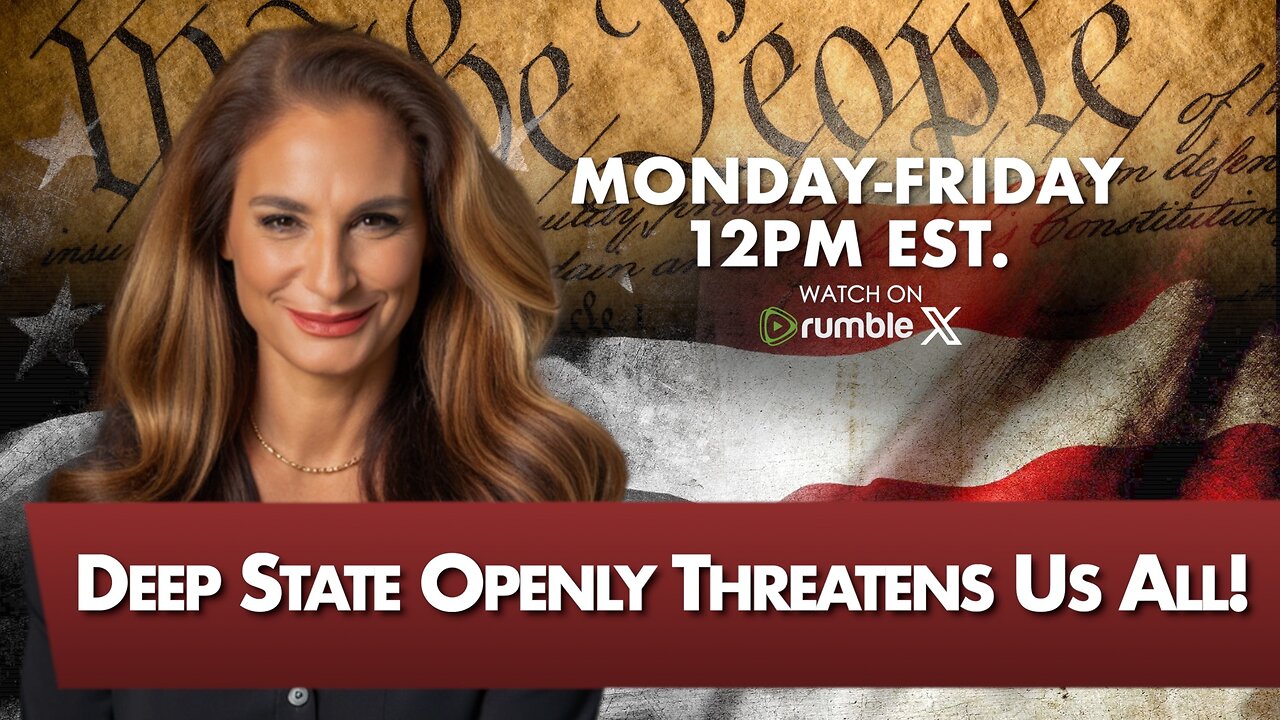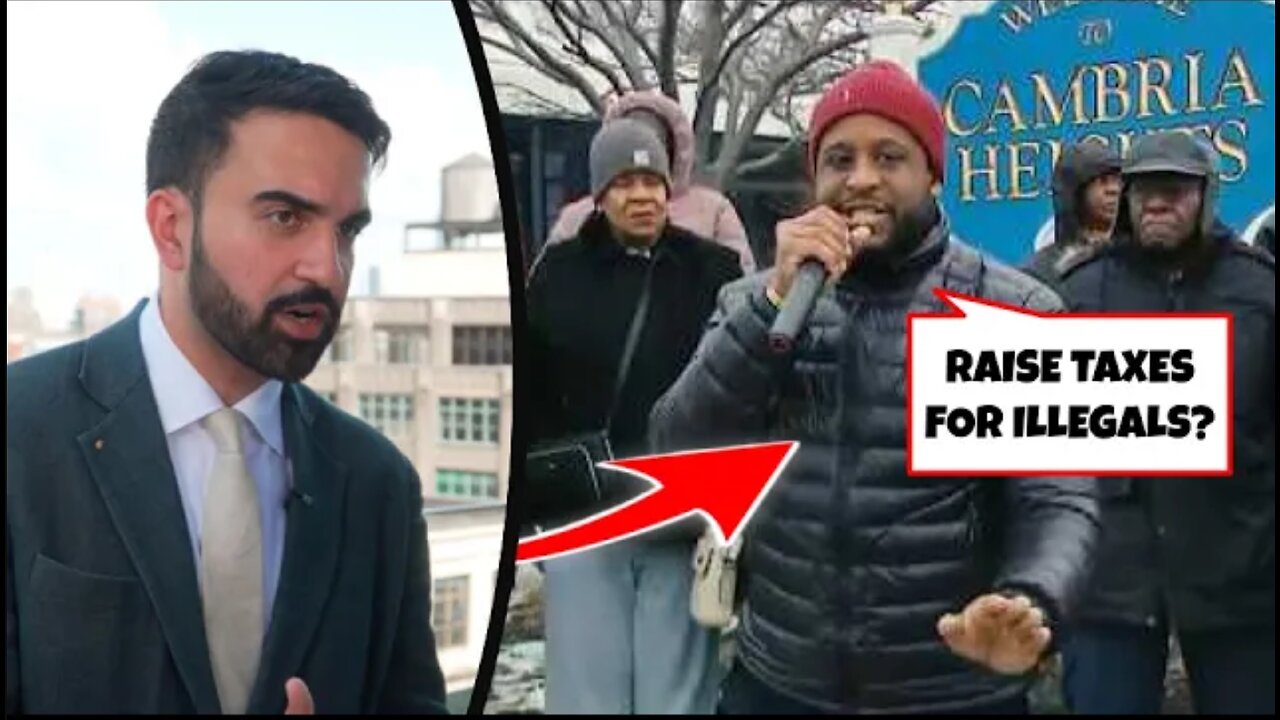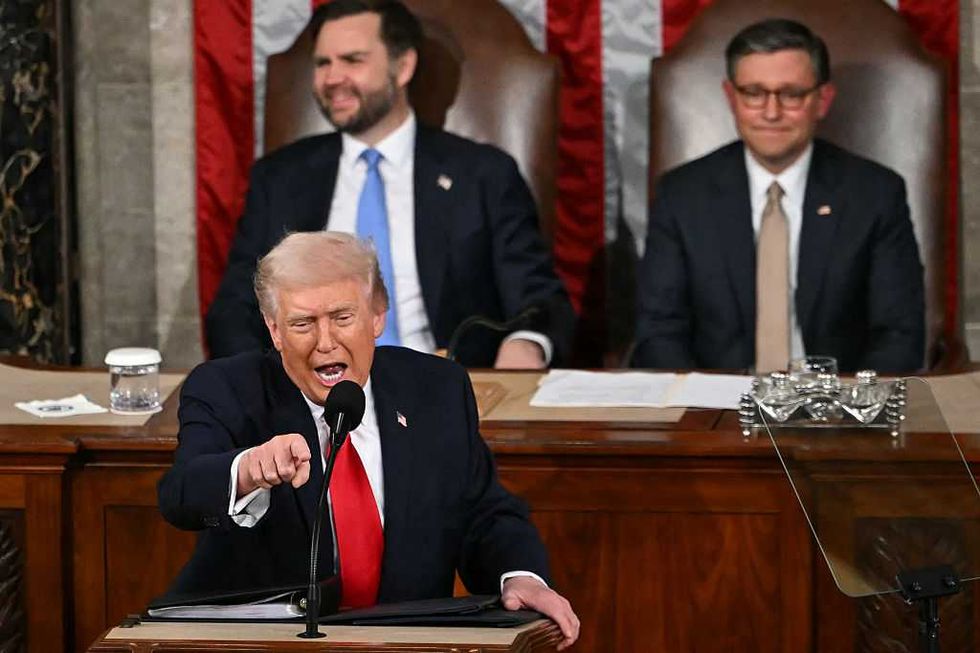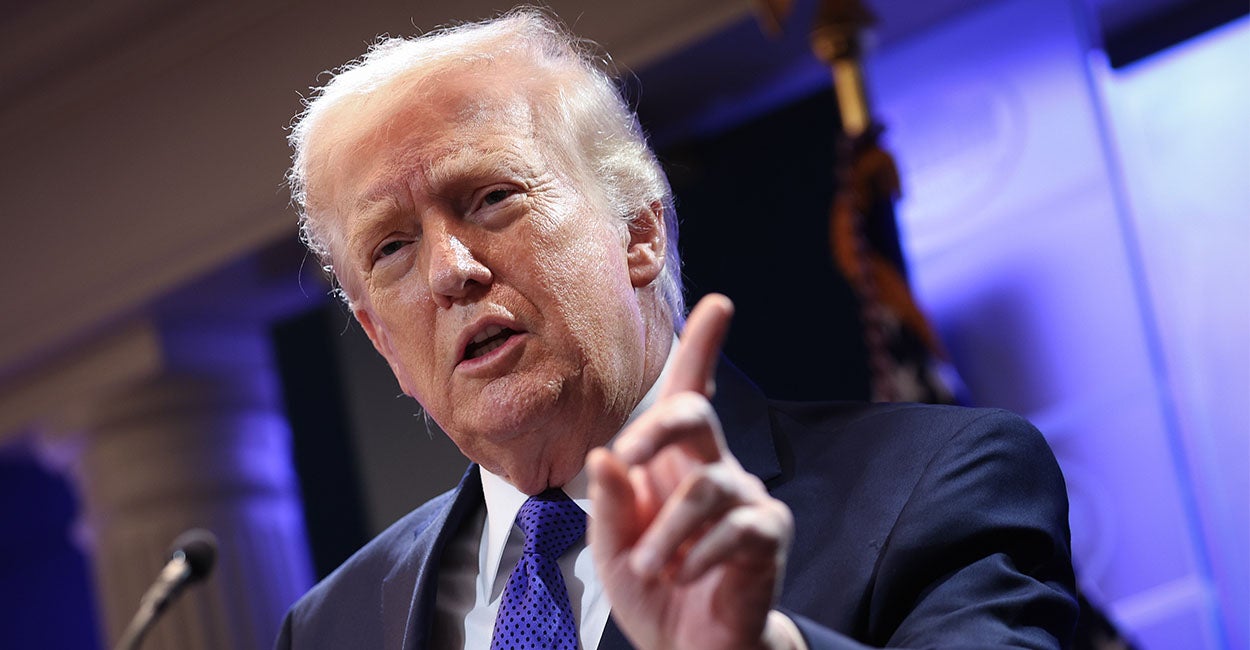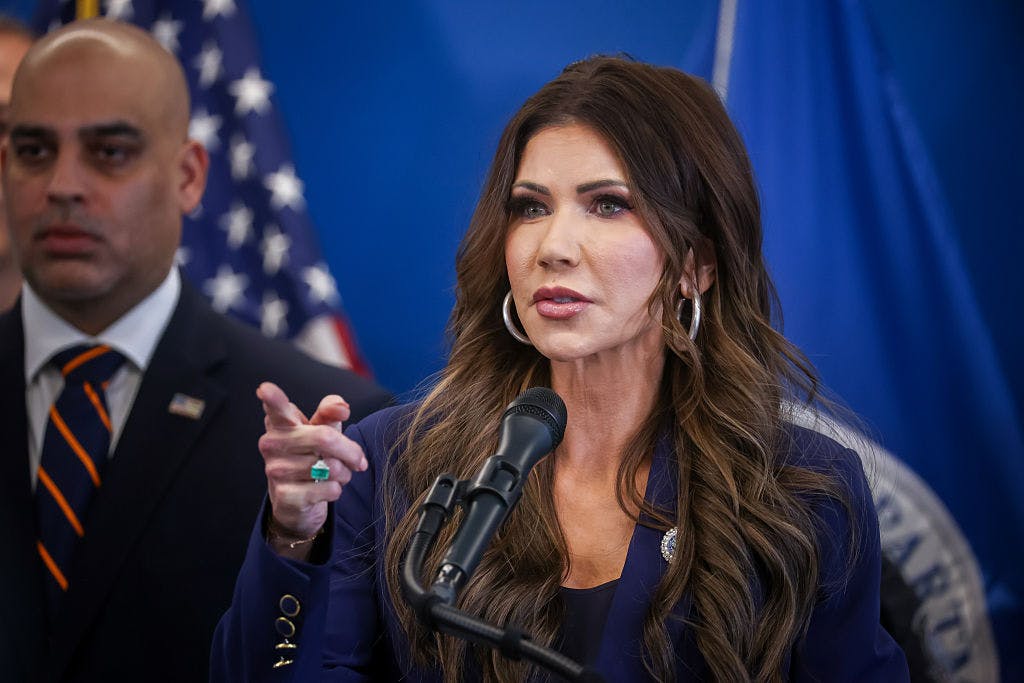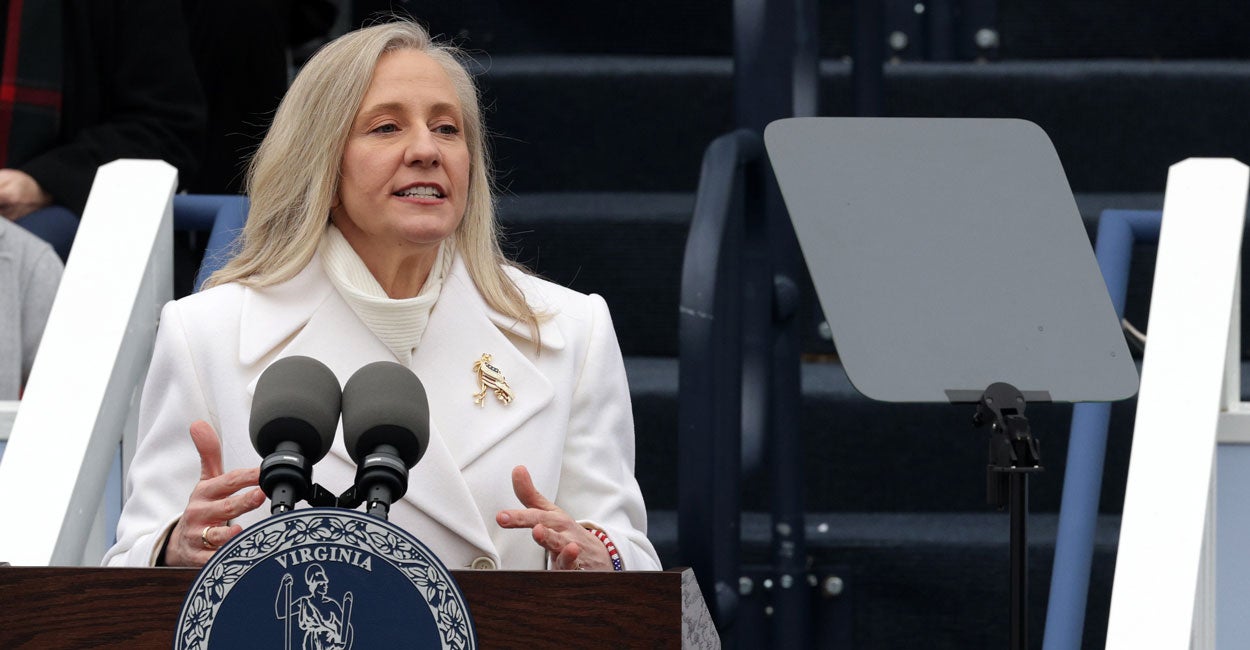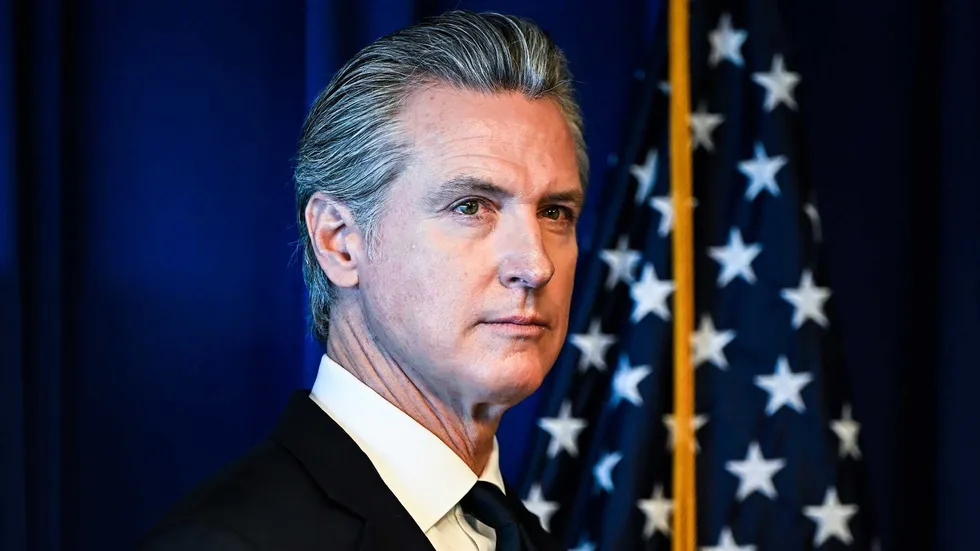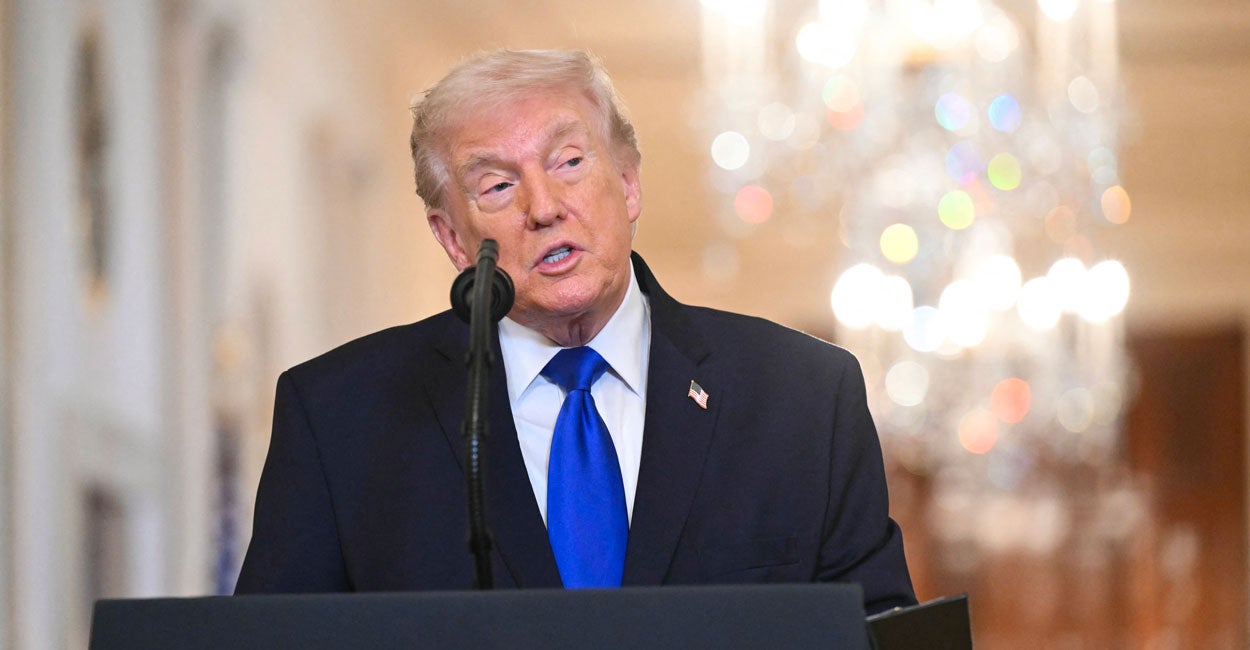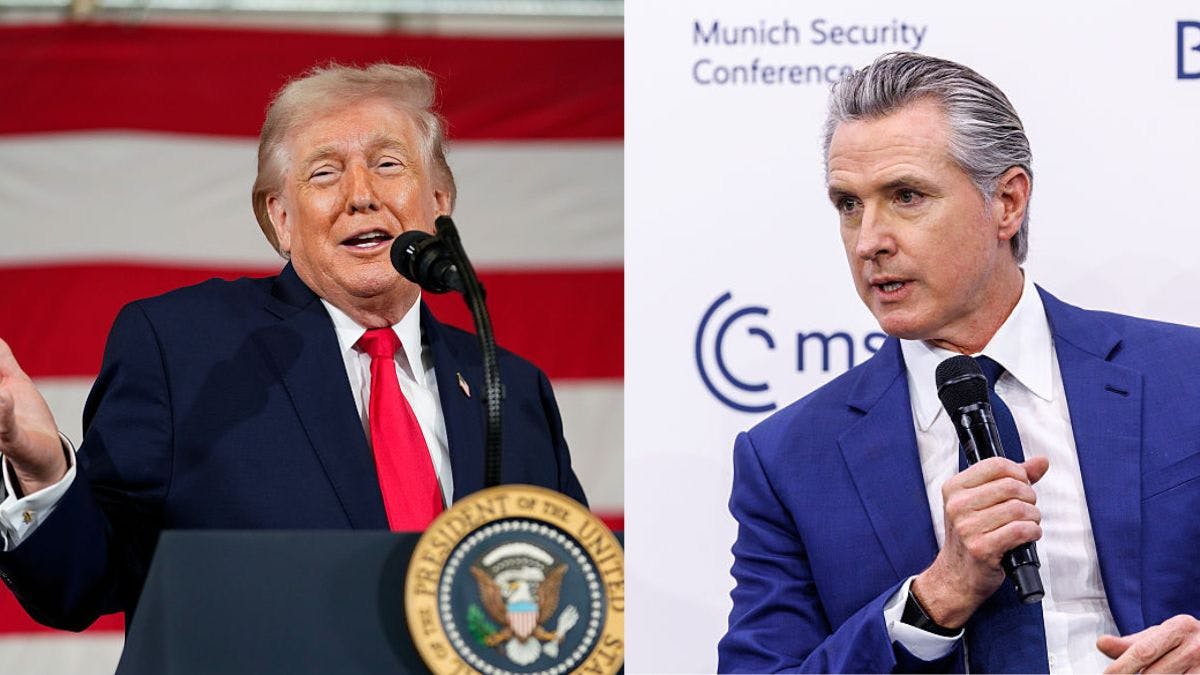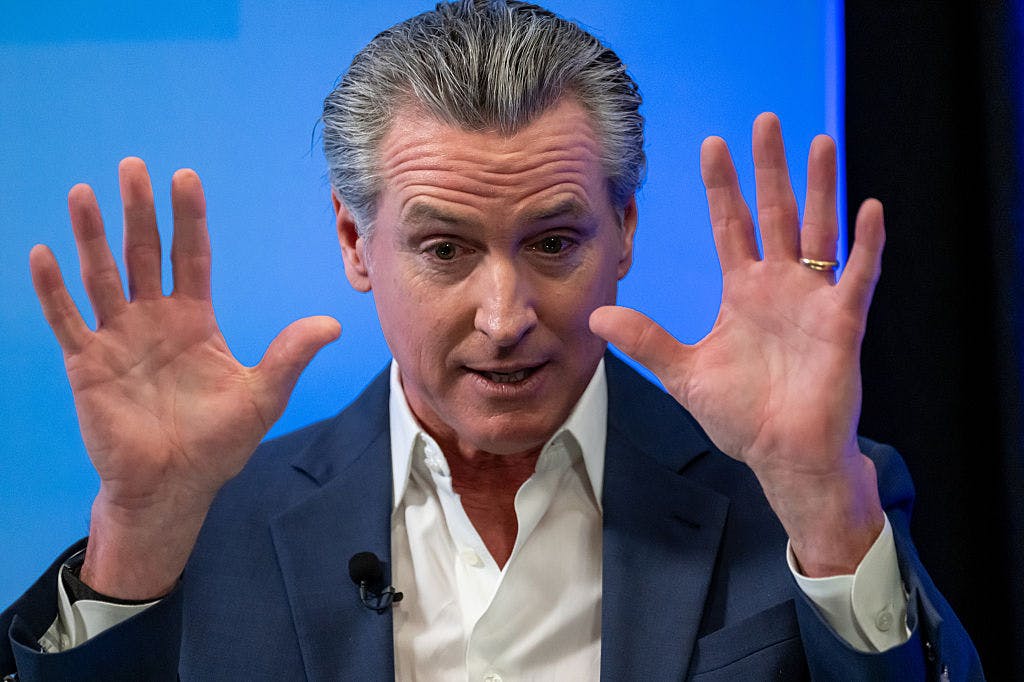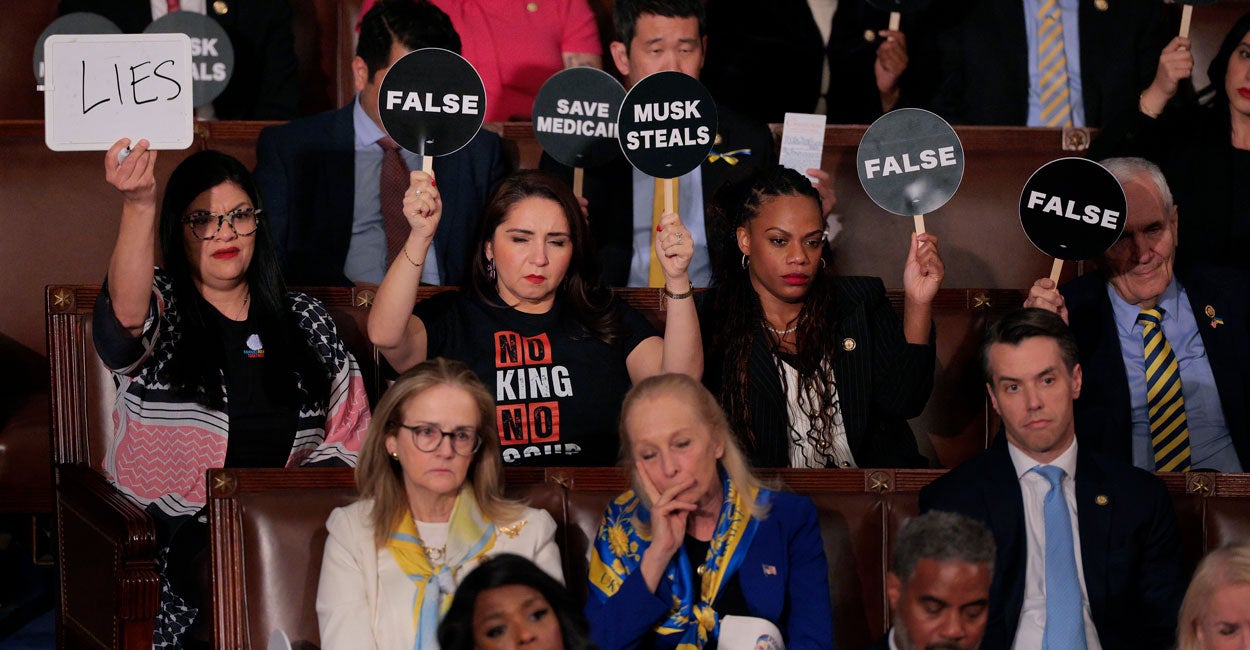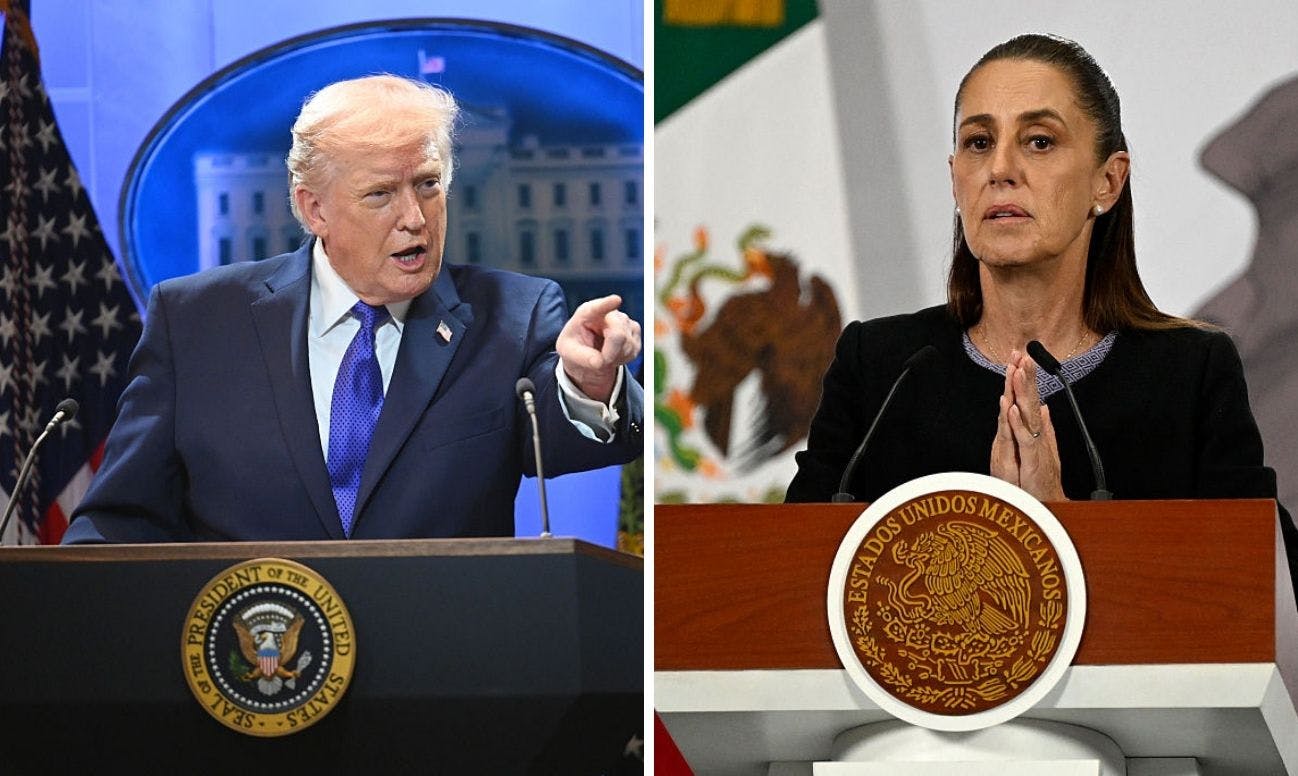Victor Davis Hanson: The Fallacy at the Heart of Ken Burns’ ‘American Revolution’ Documentary
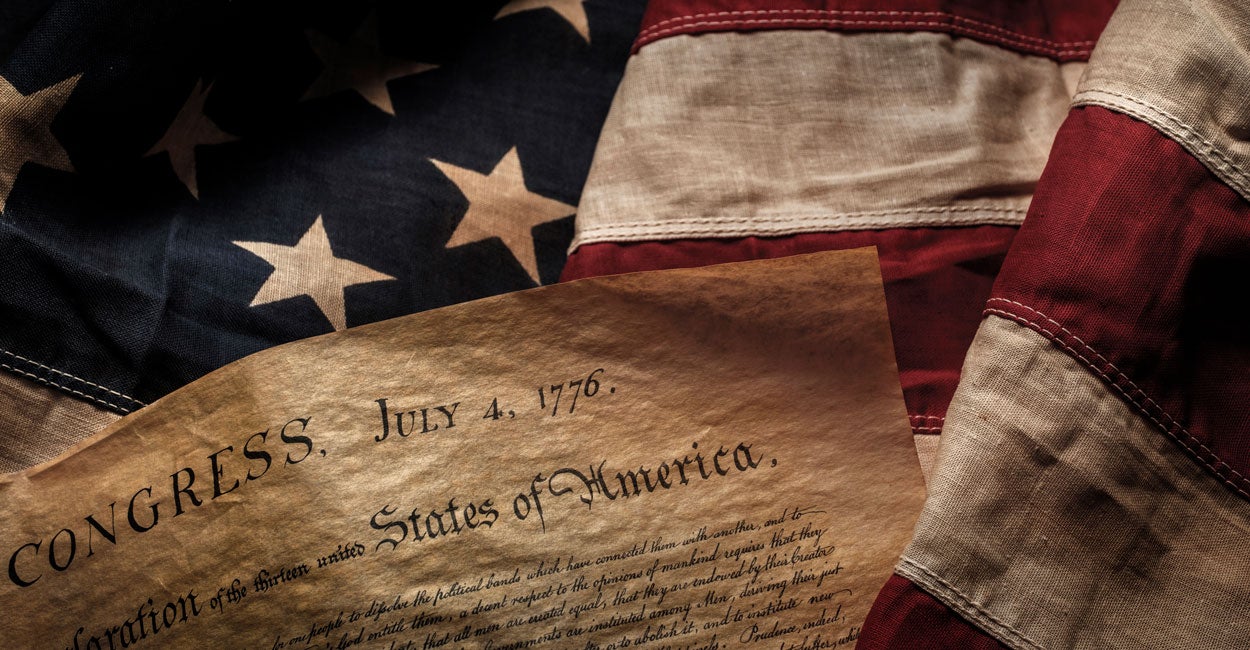
In today’s Thanksgiving episode of “Victor Davis Hanson: In His Own Words,” Victor Davis Hanson and Jack Fowler take issue with director Ken Burns’ assertion in his “American Revolution” documentary series that the Founding Fathers based their ideas for democracy on the Iroquois Nations.
Live Your Best Retirement
Fun • Funds • Fitness • Freedom
Editor’s note: This is a lightly edited transcript of today’s edition of “Victor Davis Hanson: In His Own Words” from Daily Signal Senior Contributor Victor Davis Hanson. Subscribe to VDH’s own YouTube channel to watch past episodes.
Jack Fowler: Victor, my former colleague at National Review, Dan McLaughlin, wrote a long critique and a somewhat harsh critique of Ken Burns’ new documentary on the American Revolution. I’ve not seen it, and maybe I’ll get to it eventually, although I’ve come a long way from being a fan of Ken Burns. His original Civil War series was terrific and everything since is quite woke. But Dan’s headline for his article, I’m not going to read anything from it, is “Ken Burns ‘American Revolution’ woke series overemphasizes Iroquois, the Indians, influence.” I thought that we were about the Founding Fathers and Thomas Paine and Ben Franklin. And I guess it was the upstate Iroquois Indians that we have to thank for our democracy. Anyway, Victor, your thoughts on this.
Victor Davis Hanson: Well, I should say that I know Ken Burns. I’ve known him for 10 years. He’s a friend. And I see him each year. And I disagree with him on a lot of things. And I do say, I think I said it to him, the Civil War documentary was a work of genius. I have not seen this [new documentary], so I don’t feel qualified. All I know is I’ve read two or three reviews about it, and there was this one issue that’s dear to my heart, and that is this myth that the Iroquois Six Nations tribes created the democratic model, at least one of the major ones, for the Founding Fathers.
That is based on an early line in Benjamin Franklin’s corpus of quotations that he mentions the Six Nations. And I think it’s in the Federalist, I don’t know if it’s [Federalist No.] 8, 9, or 10 or what, but there’s a mention. But here’s the point.
If you collate in the Federalist Papers the work of [Alexander] Hamilton or [John] Adams, and the intellectual pedigree of our Constitution, and you count up the references to this is what Cicero says, this is what the Greeks did, this is what the Roman Republic was like, this is the later influence of the Magna Carta, all of that, the Glorious Revolution, all that stuff, and you compare it to a reference to the Iroquois, it’s about 99 % to one. It really is.
And if you look at our Constitution and you compare it with two different alternatives, here’s a bunch of people who have different tribes and the tribes say, “Well, what do you think? Well, what do you think? Well, what do you think?” And you say, “Well, vote on it.” That’s not democracy or constitutional republics. I’m sorry.
I think Plato has a part when he’s talking about democracy in bastardized form, and he says, when people rob a bank and they want to split up the loot, they vote by majority vote. So, five guys, they all rob a bank and they say, “Well, how are we going to split it up? Let’s just split it up in five parts and we’ll vote on it.” Oh, they’re models for the Constitution. No. So, the Iroquois did something that was practical. Not all of them did it, and they should be commended for it, but it had very little, if any, influence on the Founding Fathers.
And what were the influential texts? It was not even passages in Thucydides or Plato, especially not Plato, but a little bit in Aristotle, but most of it, almost all of it in the ancient world came from Cicero’s De Legibus and philosophical works and then the Magna Carta, the idea of everybody has particular rights versus the monarchy. But most of all, the French thinkers and the British enlightenment, John Locke, but also people like Montesquieu who really took the ancient idea of checks and balances and said, I’ve got the spirit of laws. There should be a judicial. There should be an executive and there should be a legislative and they should each have equal power so that power cannot be aggrandized.
And we took the name Senate from the Latin senatus, the older. And that’s why we said you had to be 30 years old. I don’t know if it was originally 35 or 30, but it was older than the House, which is 25, I think, and you get a longer term. That was modeled after both the earlier Greek, the Gerousia, which in Latin became the Senate, and they had special privileges over the assembly. And then there was an executive, an archon in Greece and two consuls. And then there was a judiciary.
There was the ephorate in Sparta and then there were tribal court jurisdictions in, I shouldn’t say tribal, but there were judicial councils and judges, prefects and legates and things like that. My point is that the tripartite system came from the ancient world. It was refined by Montesquieu and the Founders read vociferously in European literature. And that’s where we got our system.
To the extent that people said, “Hey, Native Americans, this isn’t that weird. They kind of vote.” Well, that was just mentioned in passing. But under the DEI aegis, all of a sudden, the exception, the insignificant anecdote became canonized. “We owe Native Americans everything because, you know, they created democracy.” No, it’s not true. We have democracy every day in our lives, you know what I mean? You out on the playground and you say, “Let’s choose teams. Well, let’s vote on how we should choose the team.” That’s not democracy. It’s just a way of settling a dispute. And democracy involves a written constitution and checks and balances and a tripartite government and a constitutional republic, more so. They had none of that.
Anybody who says that that it was a prime influence on Alexander Hamilton or John Adams or James Madison or George Washington or Thomas Jefferson is sorely mistaken.
Fowler: Well, Ken Burns is a man of the left, yes?
Hanson: Yes, well, he gave a talk at Stanford graduation that was pretty fiery. The graduation, not too long ago. And I know him. I mean, I respect his work. I always really respect his work because I think the Civil War that he did was the finest documentary I’ve ever seen produced in America. And that’s pretty high praise.
Fowler: Yeah, I would agree with that. But it’s just that, you know, historians of the Left thinking about our founding.
We’re not going to say America is 1776, it’s 1619 and it’s evil. And in this case—again, I haven’t seen it either—but we are sure as h— not going to take the … PBS, the official government entity, is going to produce something related to America 250. But what we’re going to say is not going to recognize a bunch of old white men. We’re going to talk about some upstate New York Indians.
Hanson: Yes, and they get in very tricky territory, though. And this is what the Left can’t figure out, because I followed this “Iroquois created the founding” for 30 years. It came in during the Bill Bennett, Saul Bellow, University of Chicago, all that fight under [Ronald] Reagan.
Fowler: Excuse me, could you just say what it is, the Iroquois Nations, just so that everybody knows?
HANSON: The Iroquois Nations were Indigenous people in, I guess you’d say, the Atlantic northern states. And there were six versions of them, or tribes, subgroups. And they had a council, a federation, in which they adjudicated common concerns by assembling.
And each of the six nations then were not autocratically told what to do, but each member then weighed in, and they supposedly voted under an executive. And what I’m saying is that that had been known to the Founders. And as I said earlier, and I’m quoting by memory now, but Benjamin Franklin compiled a book years before where he mentioned famous quotes about consensual government and he said then the Indians also had the Iroquois Nations. And then in the Federalist Papers, when they are talking about all the different [consensual governments], what they’re trying to say is what we are doing is the right tradition in history and other people have fought for their liberty.
And here’s what happened in Greece, which they knew, in Rome. And here’s what happened in England. And here were the philosophers. And that’s about 99 % of the reference. And then, I think in two or three places, they said even the Iroquois Nations had a conference where people voted. And somehow that got into, “Wow, that gave them the idea.” No, it didn’t. It did not. It did not. It was just a few passing remarks to find support for this radical idea of constitutional government that they were introducing against a monarch.
And the irony is that the Left can’t decide whether the foundation of this country was purely evil or it was wonderful, but it wasn’t a bunch of white men. It was Native Americans who invented our system. Well, if they invented our system, then are you going to continue and say, “Well, Native Americans had slaves and they tortured people. So Guantanamo Bay is a legacy of the Iroquois because they tortured people. And a lot of indigenous people had servile practices and serfs and slaves. So I guess slavery came from the Iroquois, didn’t it?
No, they only pick and choose a certain thing. And I think what they basically said, “This was an evil country, but it could have been good because we had originally a Native American idea of democracy.”
We publish a variety of perspectives. Nothing written here is to be construed as representing the views of The Daily Signal.
The post Victor Davis Hanson: The Fallacy at the Heart of Ken Burns’ ‘American Revolution’ Documentary appeared first on The Daily Signal.
Originally Published at Daily Wire, Daily Signal, or The Blaze
What's Your Reaction?
 Like
0
Like
0
 Dislike
0
Dislike
0
 Love
0
Love
0
 Funny
0
Funny
0
 Angry
0
Angry
0
 Sad
0
Sad
0
 Wow
0
Wow
0

